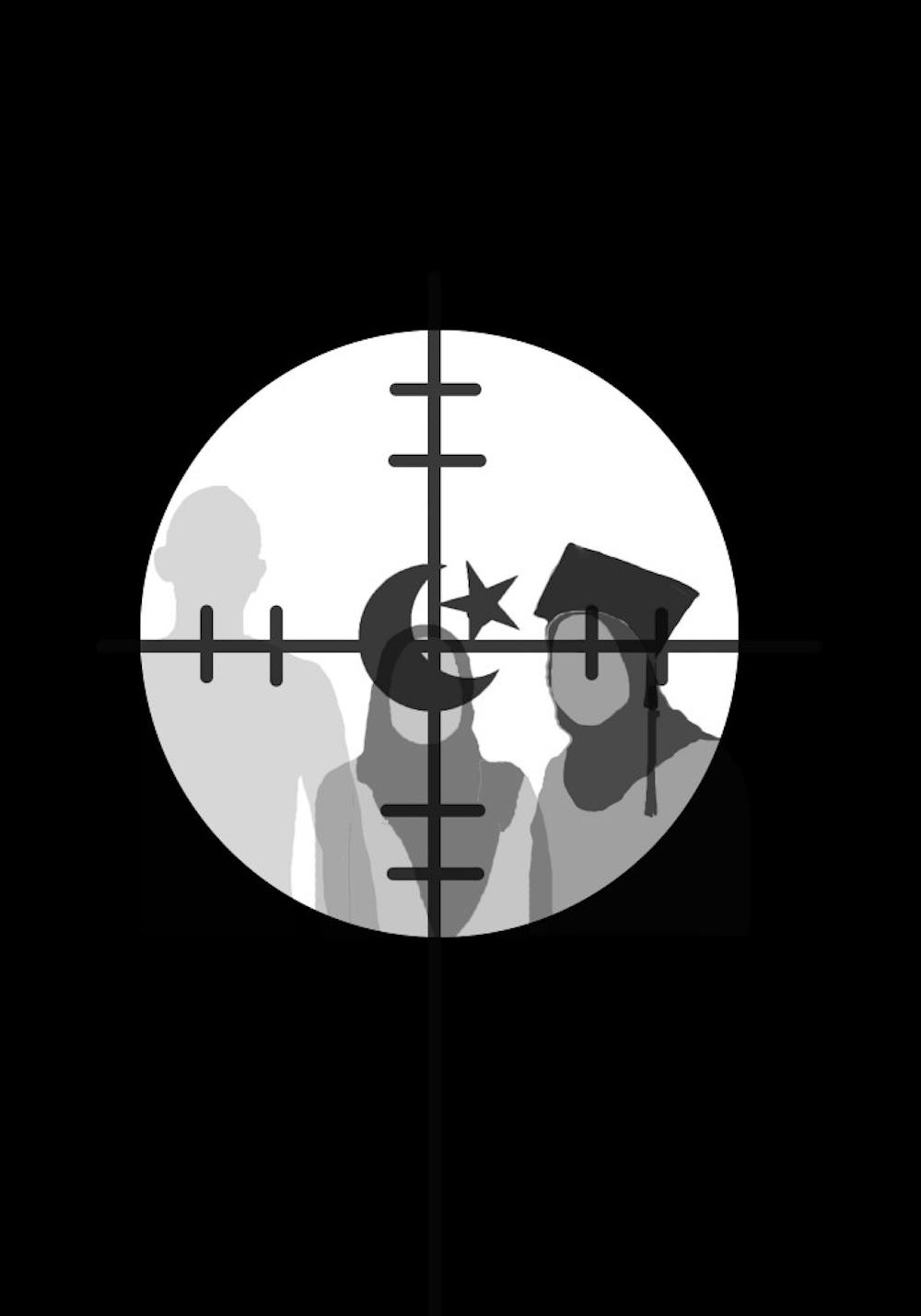This past Tuesday a shooting took place in Chapel Hill, N.C., that sparked not only sorrow, but anger and controversy. The alleged gunman, Craig Stephen Hicks, 46, has been charged with first-degree murder in the deaths of three young adults: Deah Shaddy Barakat, 23; Yusor Mohammad, 21; and Razan Mohammad ?Abu-Salha, 19.
The shootings took place in the Finley Forest Condominium complex where all four involved individuals resided. Hicks allegedly shot each victim in the head, calling to mind an execution.
Each of the three victims was a practicing Muslim, while Hicks is a self-proclaimed atheist. The heinous nature of these murders has caused an outcry from members and allies of the Islamic community for investigation into ?potential hate motivation.
A prominent example of said groups, the Council on American-Islamic Relations, has raised its voice to request a comprehensive look into Hicks’ motives.
Some might argue the motive for this crime is irrelevant. If Hicks did indeed pull the trigger in these murders and is found guilty, he will likely serve a maximum sentence however he is charged. But then these individuals would be overlooking a crucial element of our contemporary culture: the importance of the language and politics surrounding our every move.
If these three young people were indeed murdered because of their religious beliefs and affiliations, we as a society cannot ethically remain neutral or silent. By default, this silence would be an acceptance of the highly suspicious intent behind these murders. Examples of such atrocious religious, cultural and ethnic hatred has haunted America from its founding, and tolerance of such a potential hatred must not be promoted.
Another concern dissenters have voiced is the concept of the justice system’s involvement in penalizing hate crimes. Hateful thoughts are still thoughts. Therefore, one could possibly argue they are protected under the First Amendment.
Once again, the Editorial Board believes this is a misguided support for freedom. Identifying and penalizing destructive or slanderous actions, speech and print that target a specific group might be a form of censorship; but the benefits to the safety and well-being of our society greatly outweigh any potential loss of individual rights.
Let’s take a moment to place ourselves in the reality of those involved in these killings. The victims were likely made to wait and watch in horror as their loved ones were executed by the shooter.
This gruesome process appears designed to make death as unpleasant as possible for the victims and grants a strong insinuation of hate to the ?killings.
This is a chance for us to stand for a critical analysis of an alleged perpetrator’s motive, so as to both open a dialogue about hate crimes and to raise awareness for their insidious nature.
Let us not allow these three young people to die completely in vain. Let us speak out for a safer and more ?understanding tomorrow.




